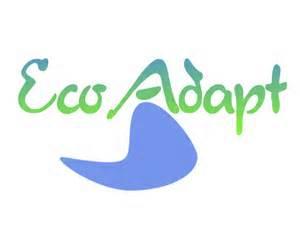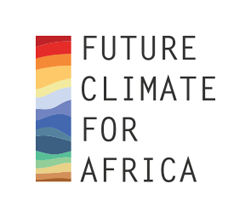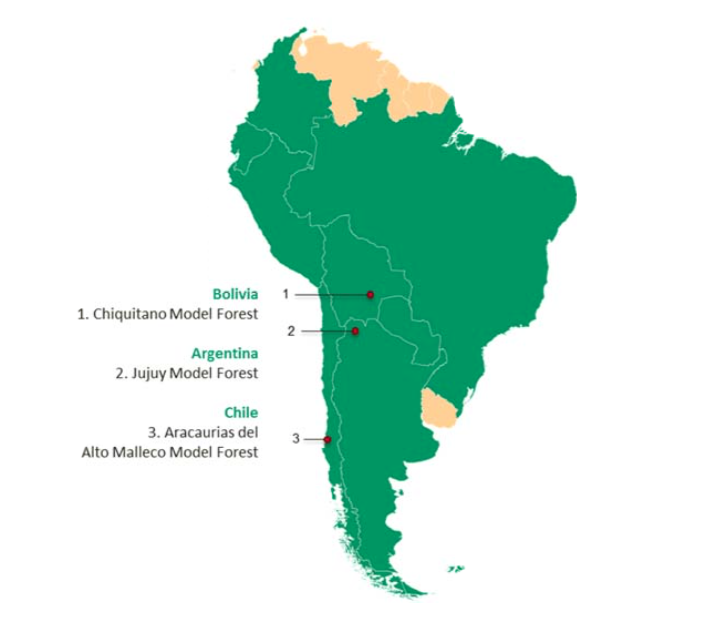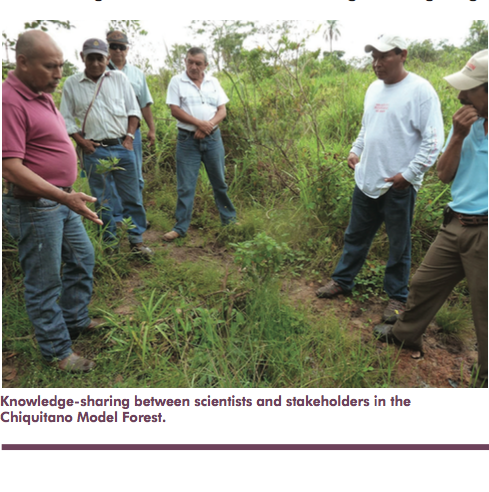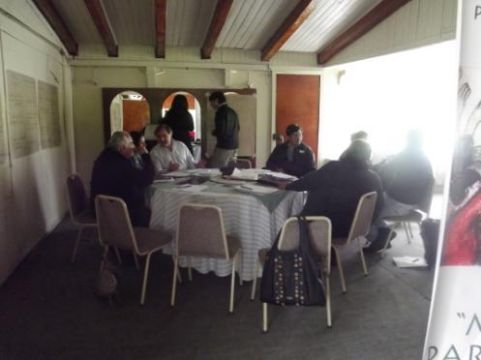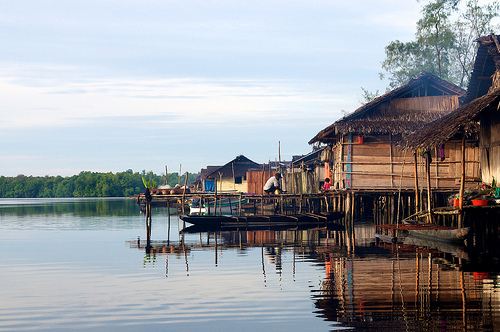CIRAD

CIRAD works with developing countries to generate and pass on new knowledge, support agricultural development and fuel the debate on the main global issues concerning agriculture.
Agricultural research for development
Agriculture is one of the key factors in the successful development of countries in the South. CIRAD fulfils its mandate of targeted research by using its expertise to work towards a specific objective: imagining an agriculture capable of feeding eight billion human beings by 2030, an agriculture that is fair and preserves the health and the environment of all.
On a local and a global level, CIRAD drives science and agriculture forward for the benefit of all, in both North and South, in an increasingly interdependent world.
Its mandate is warranted by the international situation: the importance of the main global issues for mankind (emerging diseases, biodiversity management, guaranteeing harvests, etc), the interdependence of the questions to be tackled by research for development, and the growing interest in agricultural issues as regards the development agenda.
Training and knowledge sharing
Training, dissemination of information and knowledge sharing naturally serve to complement agricultural research by helping give our partners and development players the means to make the choices incumbent upon them. This is a vital part of CIRAD’s mandate, for which each and every one of its researchers is responsible.
CIRAD is also a major player in talks between Europe and the South. It belongs to numerous European and international networks, and facilitates access for its partners in the South to EU programmes and to the excellence of European research.
In one particular European research project available on weADAPT, CIRCE, CIRAD was involved in work in Research Line 13 on Induced Responses and Policies. CIRAD is also a partner in the EcoAdapt project, which investigates ecosystem‐based strategies and innovations in water governance networks for adaptation to climate change in Latin American landscapes.
